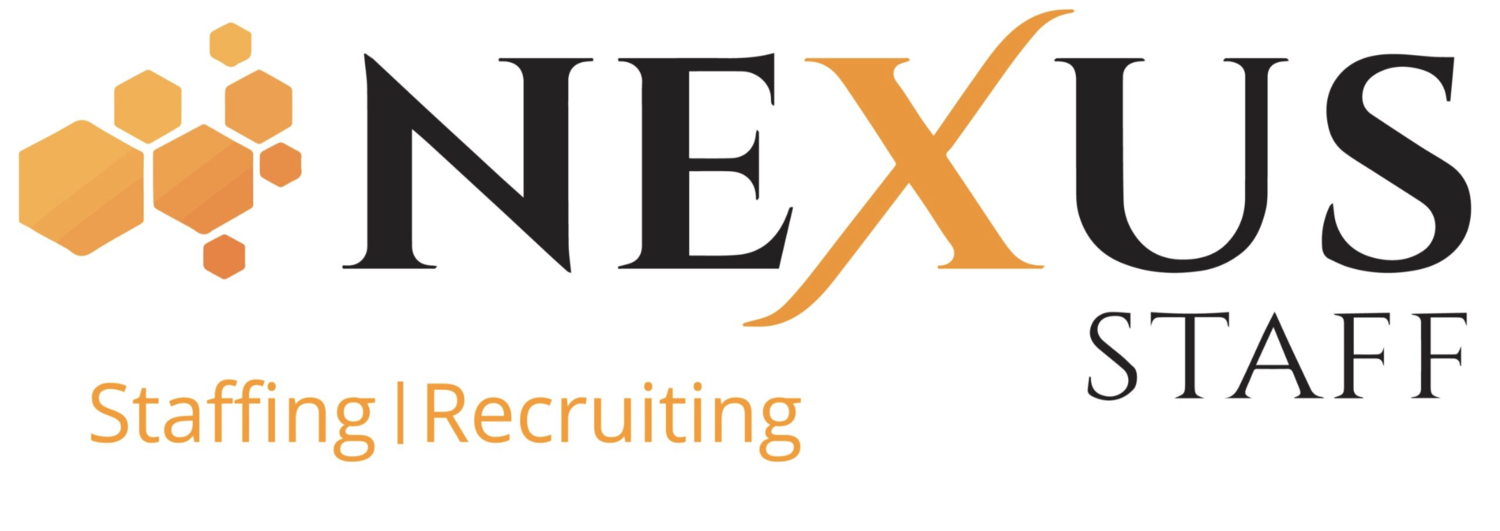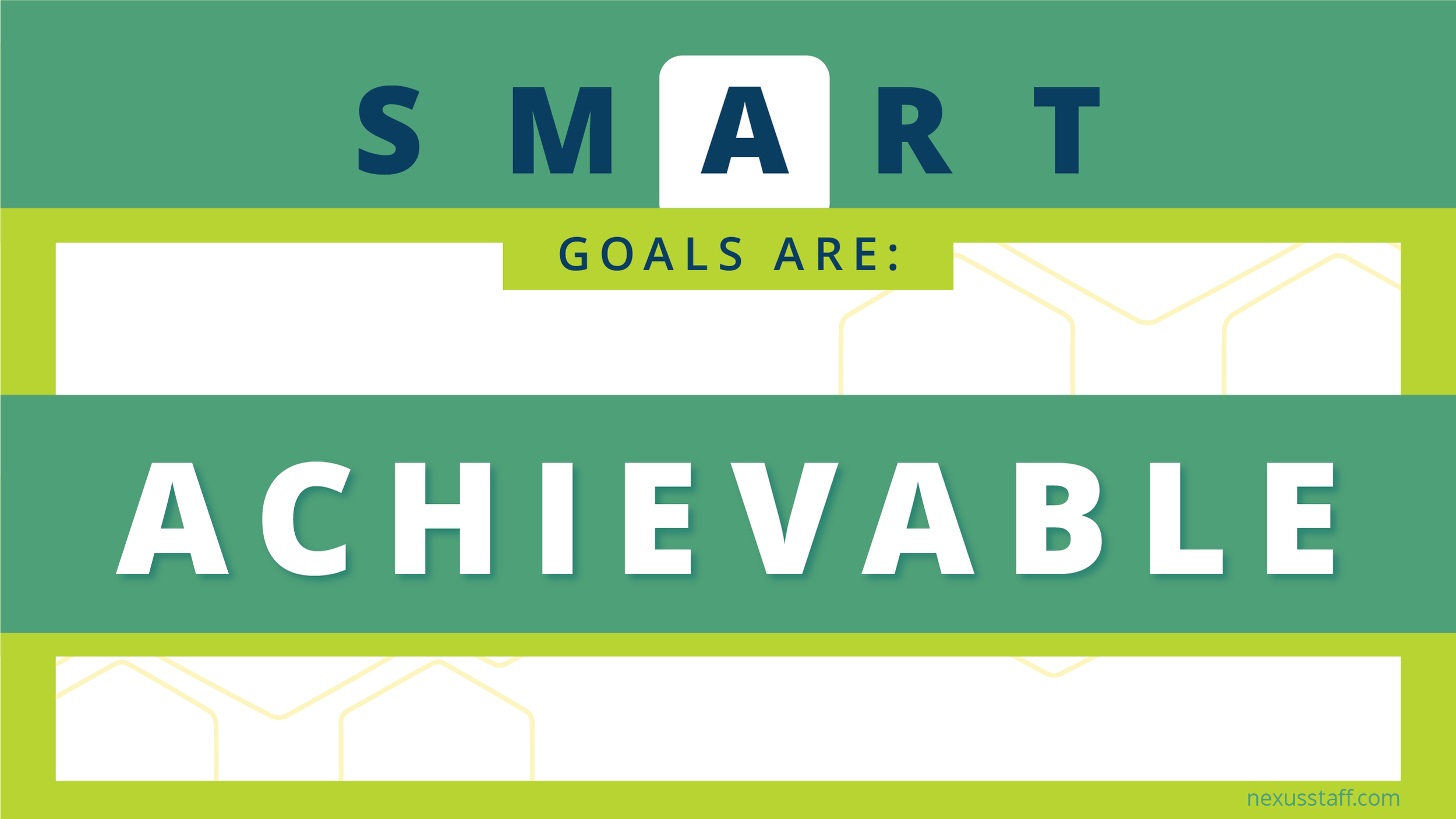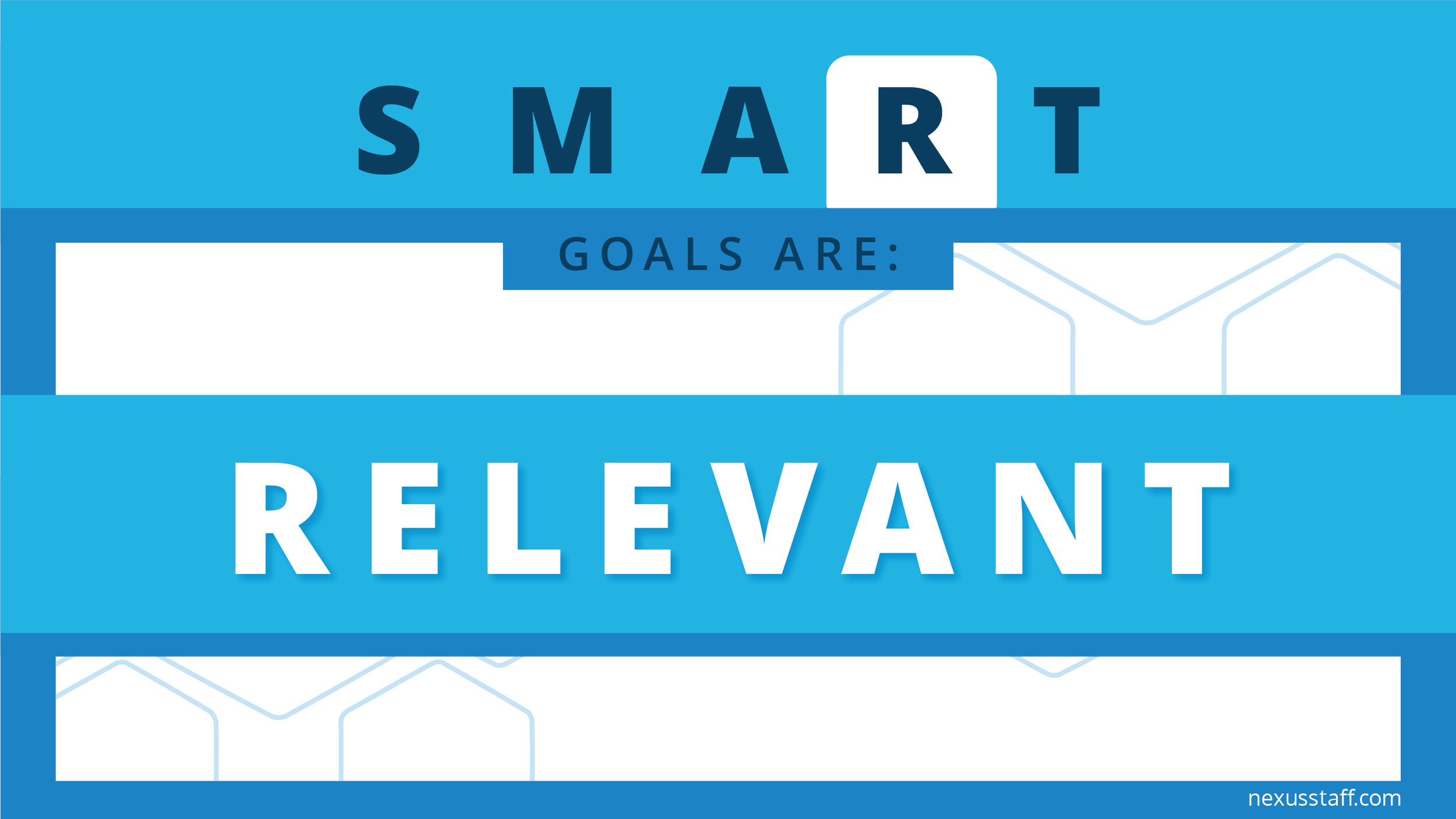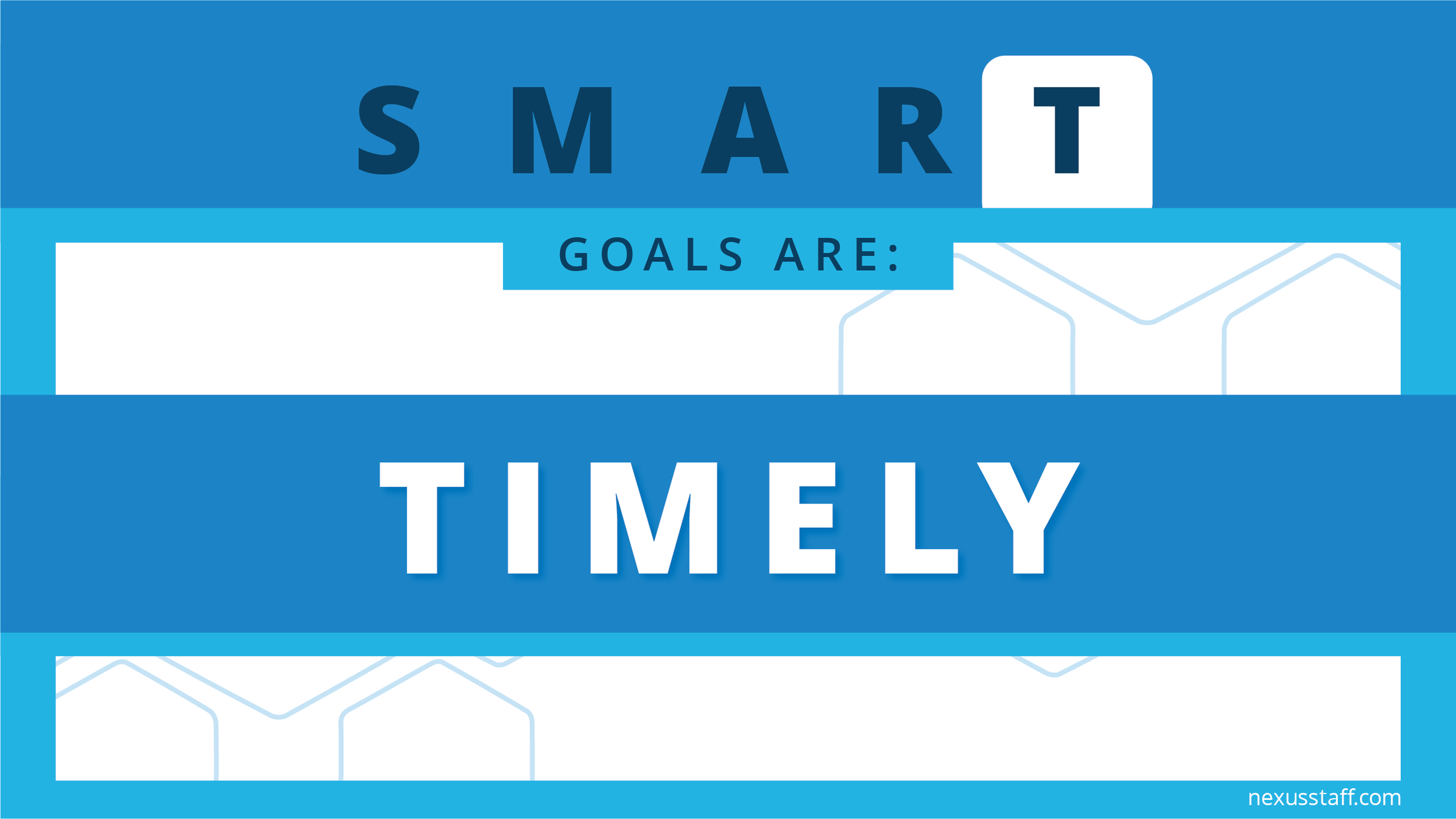How To Set “SMART” Career Goals
Creating and setting career goals entails more than just knowing what you want to achieve. In fact, that is just the beginning. Proper goal setting includes determining whether or not your goals are specific, measurable, achievable, relevant, and timely, or in other words… SMART! By using this acronym, you can ensure you’re on your way to achieving the goals you set.
Below, we’ve broken down each step of the “SMART” method and provided examples to help you create your own smart goals.
Setting specific goals gives you a clear understanding of what you want to achieve and makes it easier to envision reaching those goals because you have a set idea of what you’re working toward, not just a broad idea.
Example: Simply stating “I want to be successful” is a great goal to have, but it's not specific. Instead, try to break down what success looks like to you by thinking of a specific achievement you want to accomplish in your career. With this in mind, a specific goal may sound something like: “I want to successfully grow my brand by increasing our social media presence.”
Goals that are measurable are goals that you can track your progress toward. Measurable goals are typically quantified in some way, meaning they contain a number.
Example: A specific goal may be “I want to grow my brand’s social media presence,” while a specific and measurable goal would be: “I want to grow my brand’s social media presence by increasing our follower count by 1,000 followers.”
Determining whether or not a goal is actually achievable means judging whether or not you can reasonably reach your goals with the resources and knowledge you have. If not, what will you do to get there?
Example: Using the example above of growing your brand’s social media presence and follower count, an achievable goal could be: “I will take a social media certification course to learn the best practices for growing my brand’s presence and increasing our follower count.” With this way of thinking, your goal becomes achievable or attainable, rather than just a dream.
Ensuring that the career goals you set are relevant takes some forward thinking. How is the goal that you set related to your other goals? After you achieve this one specific goal, will it put you closer to reaching the next goal you set?
Example: Continuing with the example of increasing your brand’s presence on social media and follower count, think of how this goal could be relevant in the future. Perhaps you want to use this expertise to one day create your own social media consulting firm or apply as the lead social media manager at your company.
Last but not least, SMART goals are ones that are timely. They have a clear timeline including a start and end date. Once those time marks have passed, whether or not you have achieved the goals you set is a clear indicator of whether or not you have been successful and if you need to reassess or not.
Example: A career goal that takes each step of the SMART" method into account will be specific, measurable, achievable, relevant, and timely. This means in the example used above, a thoroughly thought-out SMART goal may look like: “I want to grow my brand’s social media presence. I will do this by increasing our follow count by 1,000 followers in the next 2 months. In order to achieve this, I am going to take a course focused on social media best practices. This will also help me for my future goal of offering social media consultations for other companies.”
At the end of the day, achieving the career goals you have set for yourself is just one way to feel satisfied in your career. But before you can create any goals, it’s important that you’re working in a role where you want to see yourself grow and learn. Still trying to find that perfect position? Contact Nexus Staff and get one step closer to achieving those goals. Get started with a recruiter today or check out our list of available jobs here.








